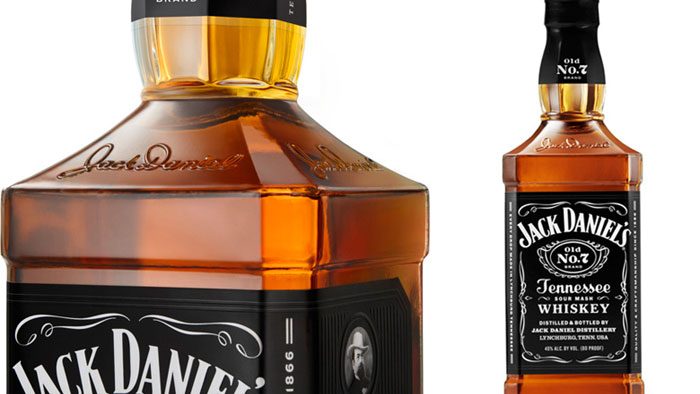Foreign whiskey brands eye Nigerian $842m alcohol market
Share


About 13 million cases of whiskey are sold in the Nigerian beverage alcohol market growing at 6 to 10 percent per annum.
FUNKE OSAE-BROWN
As Nigerian elites develop increasing taste for alcoholic beverages, more foreign alcohol brands are eyeing the Nigerian alcohol beverage market valued at $842m according to an IWSR report.
The luxury alcohol consumer market in the country is developing speedily. The spirit market, consisting of whiskey, brandy and vodka is estimated at $2 billion and has increased by 6 percent every year since 2007. Although a large portion of the market share still goes to cheaper local producers, imported brands account for $500 million of the spirit market. Also growing purchasing power of upper class consumers, whose premium drink has been beer and champagne, explains the increase in demand for more expensive foreign brands.
About 13 million cases of whiskey are sold in the Nigerian beverage alcohol market growing at 6 to 10 percent per annum. Premium spirits segment holds 5 to 10 percent of the total beverage alcohol market with a growth of 18 to 20 percent. Research indicates that premium spirits are on the rise with a steady retention and trial rate.
Ashok Capoor, president strategy, United Spirits Limited (USL) manufacturers of McDowell Scottish whiskey, a new entrant into the Nigerian market, says McDowell’s No. 1 whisky franchise is ranked as the largest non-scotch offering in the world today and has created a historic landmark by clocking global retail sales worth USD 3.8 billion from nearly half a million cases sold in the year 2012-13. This globally acclaimed franchise is sold in 25 countries.
According to him, McDowell’s No.1 whisky has already clocked nearly half a million cases of sales in a single year in Nigeria, making it the largest whisky brand in the country. With a strong distribution network and innovative marketing initiatives, the brand has acquired a ubiquitous presence and is widely appreciated across Nigeria.
“Global expansion and the premiumisation strategy has paid off significantly,” Capoor explains, “for this portfolio especially in creating the largest whisky franchise with the combined strength of McDowell’s No. 1 whisky and McDowell’s No. 1 Platinum whisky. The brand has created new benchmarks be it contribution to USL’s top line and bottom line, retail value or, growth vis-a-vis industry performance. The record breaking performance by McDowell’s No. 1 is a reiteration of great faith affirmed in the brand by consumers and our trade partners.”
“Consistency in quality, innovative packaging, value packed innovations, strong sales push, has triggered the brand to capture disproportionate growth in the market. We have consistently launched new and premium variants across flavors to move consumers up the value chain and increase portfolio contribution.” added Capoor.
However, Diageo has the largest market share of imported alcoholic beverages with his products like Johnnie Walker, Smirnoff vodka, Baileys. Moet Hennessy owned by France popular luxury brand, Louis Vuitton, is in charge of premium cognac with its Hennessy cognac labels. In 2013 alone, Hennessy launched of its latest premium cognac, VSOP Nyx, the Glenmorangie Malt Scotch Whisky and its limited collectors’ edition bottle, Hennessy KYRIOS.
Recognizing the burgeoning market, spirits companies are flocking to Nigeria. LVMH, for example, that produces the Cognac Hennessy is trying its best to exploit the market. LVMH had increased its revenues from $24.23 billion in 2008 to $37.14 billion in 2012, while net profits increased from $3.27 billion to $4.52 billion (Hoover’s Online, “LVMH Moet Hennessy Louis Vuitton SA.”). Part of their success is explained by their consistent sales growth in the African, and especially the Nigerian consumer market.
Lere Awokoya, marketing manager, Moet Hennessy, Nigeria agrees that Nigeria is a fastest growing market for whiskey as the Hennessy brand has experienced a 12 percent growth in the Nigerian market year-on-year since 2011.
“Figure is about right,” says Awokoya, “and we estimated about a 12 percent yearly increase in growth since 2011. This just means to us that the relationship between Nigeria and our brands is becoming more meaningful; we are very aware of that and consequently, we are doing what we can to maintain this growing relationship and make is a lasting one.”













